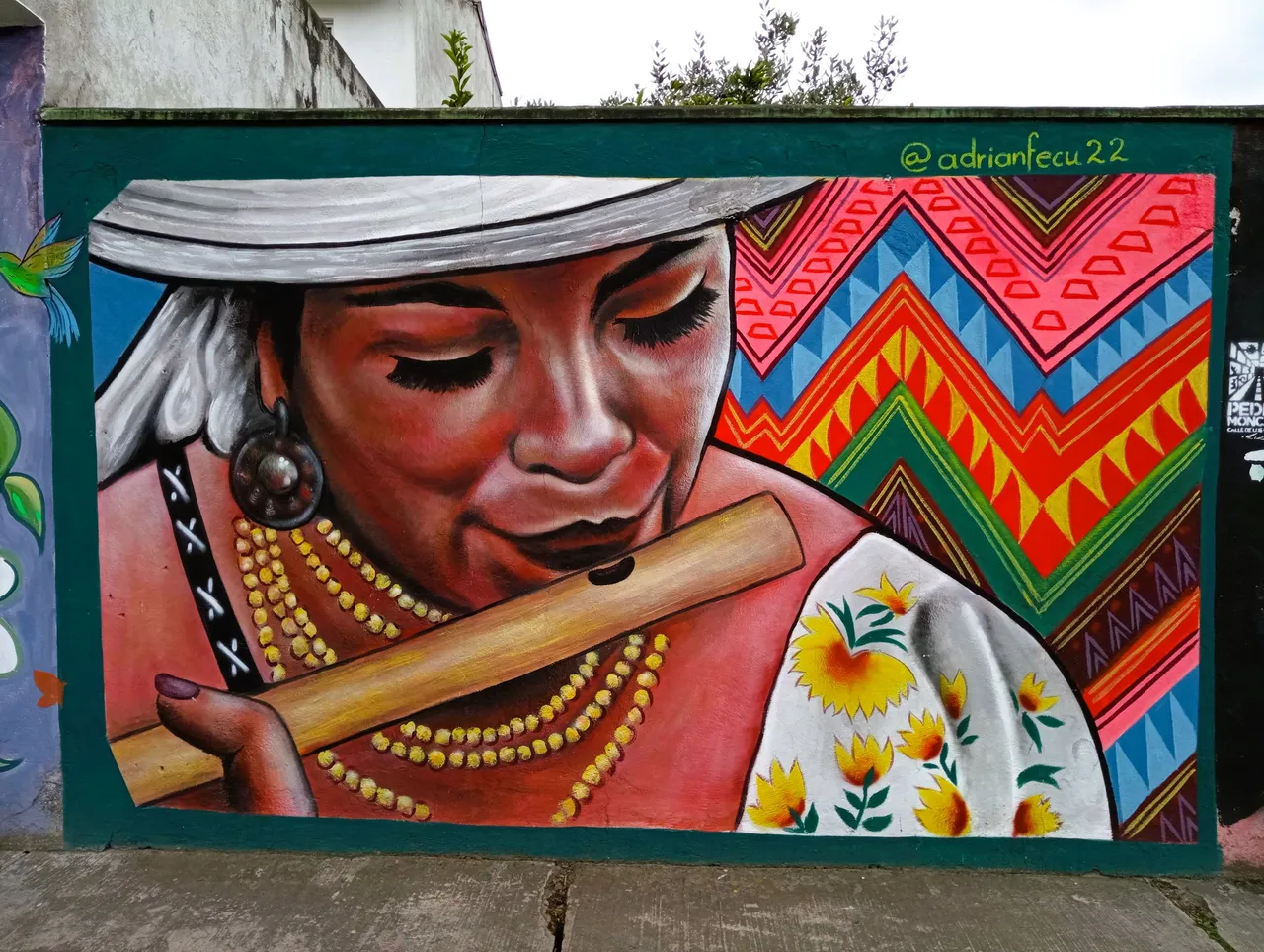When we pick an idol, we generally don’t pick it because of the person it really is, but because of some superficial traits that we admire and want to copy.
The idols they have can tell a lot about a person. There are different levels to that, as always, or this would just be another post lining into the smooth superficiality of life. There’s the obvious part of what the idols display in public. Then, what they represent, the values, the traits. And in general, it stops there.
!["[General] Rumiñahui, symbol of Resistance and Dignity" - an idol to many here in Ecuador. But as with many idols, if you really dig into it, you find a lot of humanity in him, and not the good parts.](https://images.ecency.com/p/5s4dzRwnVbzGY5ssnCE4wXzkeAEXyVtgk1ApQTwHMTp6y5PvEo1yenn8hN8UfAbSMw2uSJx9mhZGnEDK5LCZY5dzYUCjqob4hdAYJMnfMW6ELCHWKkEx1n7kzP8UfydoTe4cUdEPUDdJ4UxLJv9rg6FssTRRvcDhAJoU5XL.png?format=match&mode=fit)
History is full of examples. One of the best for the superficial idealization is Ernesto “Che” Guevara. Symbol of revolution against the oppressors, of the fight for justice, of doing something, not just talking smart in beaten-down basement-bars full of cigarette smoke. Or worse, cigar smoke on the terrace of a modern town house with 30 yo scotch.
Guerrrilero Heróico
The picture taken of him by Alberto Korda is indeed a great one. And it helped to create the image of what Che represents in the public, but far from what he was. Every person is more than they represent, in fact they’re often something different entirely. Che was an idealist, one could say that, he had dreams, he was trying to establish an equal, fair society. In short, he was looking to reduce suffering, which is a goal to be found in many idealists, be it from the left or the right – but the means differ quite a bit.
The title itself shows another part of the idolization. He’s a hero. And as soon as he becomes a hero, all his actions are justified. And that is something very innate with idolization, something we see a lot these days. As we’re losing more and more members of our societies to superficiality, the perception of the world falls increasingly in a good vs. bad dichotomy.
The grey-scales are removed step by step, and both villains and idols are everywhere. There are plenty of cases. The most famous at the moment is by far the president of the USA, dominating the media either by complete vilification or complete idolization, but (almost) nothing in the middle.
For those who vilify, whatever he does is evil, no matter what. He could rescue a child from a burning building and would be accused of something. For those who glorify him, everything is right and correct, and he could kill a child and they’d find excuses.
And that counts for all idols, not only him. It counts for Che Guevara as well, and it is somewhat ironic to mention them both in the same argument. They both would hate it, being put side by side.

Both idolizing as well as vilifying open up new echo-chambers for us, filled with superficial connections to other people who feel the same. As our society gets fragmented further and our communities dissolve under the pressure of ego-centrism, we can’t stop being social animals. We need that positive feedback from others, we need to feel not-alone.
And idol helps with that, too. Emulating them, trying to adapt to what we perceive as their values, gives us not only a point of comparison, but the feeling of not being alone in the world. There’s someone like us out there. Someone who believes in the same things as we do. Comforting, isn’t it?
This is too one-sided.
To throw my dichotomy-argument back into my face, I do not think that idols are a bad thing – just the idolization. There are many people to admire, and incredible role models all over the planet, from all different sides and countries. If someone comes to me and says “I really dislike a lot of things that Che Guevara did, but I do admire his work-ethics and how he tried to lead by example after the main fighting was over” – fair play. But is that still an idol as person, or an ideal? This train of thoughts won't stop chugging. I will.
Do you have idols?
If so, do you know and can accept the bad they do or did?
If not, why not?
Thank you very much for reading! I appreciate every comment, especially those that help me improve my writing and thinking.